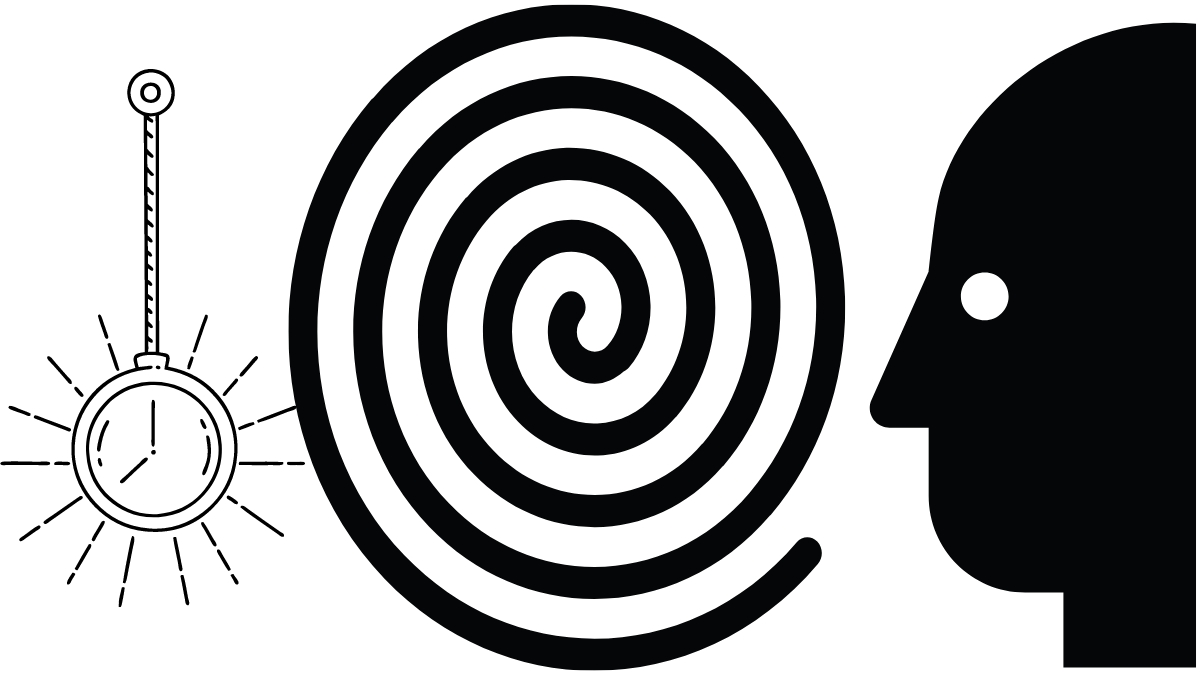What can hypnosis not do? Hypnosis has long fascinated the public imagination, often depicted in popular media as a magical key to unlocking unparalleled control over the mind and body.
Also Read: Is Self Hypnosis Dangerous?
However, amidst the myths and dramatizations, it’s crucial to understand the real capabilities and limitations of hypnosis, especially for those considering it as a therapeutic tool or a means to personal development in the United States.
What Can Hypnosis Not Do?

Hypnosis cannot directly cure physical illnesses, act as a substitute for professional medical advice, force anyone to do something against their will, erase memories, or quickly fix deep-seated psychological issues.
It’s a complementary therapeutic tool, effective for some but not all, and should be approached with realistic expectations and used alongside traditional medical care.
The Essence of Hypnosis
Before delving into what hypnosis cannot do, it’s important to establish a basic understanding of what it is. Hypnosis is a trance-like state of focused attention, heightened suggestibility, and deep relaxation.
It is often used in therapeutic settings, known as hypnotherapy, to help individuals explore painful thoughts, feelings, or memories they might have hidden from their conscious minds.
Misconceptions and Limitations
Despite its effectiveness in certain areas, hypnosis is not a cure-all. Here are some key limitations and misconceptions:
Cannot Cure Physical Illnesses Directly
Hypnosis is not a direct cure for physical illnesses. While it can aid in pain management and improve the efficacy of conventional treatment through stress reduction and positive mental conditioning, it cannot, for example, make a tumor disappear or mend a broken bone by itself.
Not a Substitute for Professional Medical Advice
Individuals should not use hypnosis as a substitute for professional medical advice, diagnosis, or treatment. It’s a complementary approach, best utilized alongside traditional medical care rather than replacing it.
Cannot Force Anyone to Do Something Against Their Will
A common myth is that hypnosis can make individuals act against their will or adopt behaviors they wouldn’t normally consider. In reality, a person under hypnosis remains in control of their actions and cannot be compelled to do something that goes against their ethical beliefs or personal desires.
Not Effective for Everyone
Hypnosis is not a one-size-fits-all solution. Its effectiveness can vary greatly among individuals. Factors such as openness to the experience, susceptibility to suggestion, and the nature of the issue at hand play significant roles in determining the outcome.
Cannot Erase Memories
Another misconception is the belief that hypnosis can be used to erase unwanted memories. While hypnotherapy can help individuals cope with and reframe distressing memories, it cannot delete or erase memories from the brain.
Not a Quick Fix for Deep-Seated Psychological Issues
Hypnosis can be a valuable tool in managing symptoms of anxiety, depression, and certain phobias, but it is not a quick fix for deep-seated psychological issues. Complex conditions often require comprehensive treatment strategies, including therapy and medication.
Conclusion
What can hypnosis not do? Hypnosis holds significant potential as a therapeutic tool, offering benefits like stress reduction, pain management, and support in overcoming habits or behaviors.
However, it’s important to approach it with realistic expectations, understanding its limitations and the fact that it is not a magical or all-encompassing solution. As always, consult with healthcare professionals to determine the best treatment approach for your specific needs and circumstances.
We appreciate your time in reading what can hypnosis not do? If you have any questions or concerns, please don’t hesitate to reach out to us through our contact form. We are always here to assist you and value your feedback. Thank you once again for your support, and we eagerly await your response.
